
Nurses must stay up to date with the fast-moving world of bladder cancer.

Nurses must stay up to date with the fast-moving world of bladder cancer.
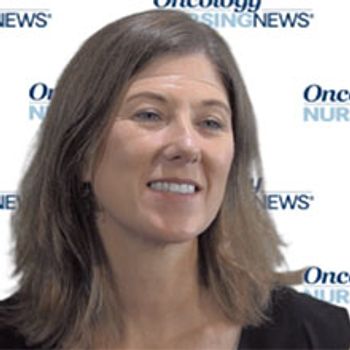
Treating patients with hematological malignancies has moved beyond just using chemotherapy. And to discuss this change we sat down with Laura J. Zitella, MS, RN, ACNP-BC, AOCN, associate clinical professor at the University of California San Francisco, at the 3rd annual School of Nursing Oncology.

To start, nurses must be able to prevent and anticipate GI toxicities.

Patients experiencing chemotherapy-induced nausea and vomiting (CINV) need to understand what can be done to help their symptoms, and oncology nurses can educate them on what is best to take for CINV.

There are key steps that nurses can follow to improve upon patient expectations and their understanding of end-of-life care.
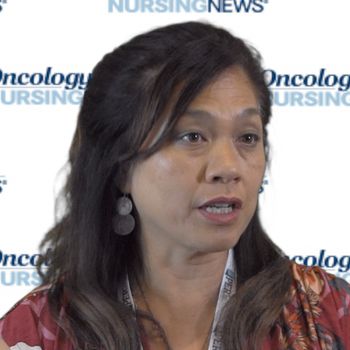
Nurses must stay up to date on immunotherapy advancements, since they are the frontline communicators with patients.
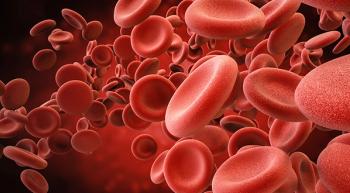
Nurses must understand CAR T-cell therapy and be able to recognize what to do when encountering patients who have received it.
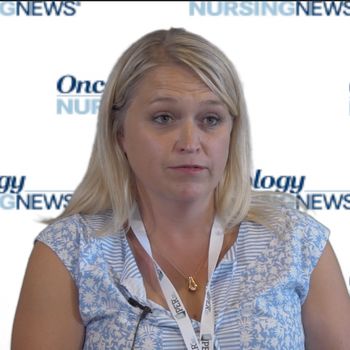
Nurses and other care providers should not assume that they know what a patient wants when it comes to expectations for their treatment.

Nurses can serve in a variety of roles when it comes to clinical trials – from being a research nurse or a vital piece of the multidisciplinary team, according to Maria Hendricks, MSN, RN.

At the 3rd annual School of Nursing Oncology (SONO) meeting, we got the chance to sit down with Madelaine Kuiper RN, MSN, and talk about what adverse events come with immune therapy for patients with breast cancer.
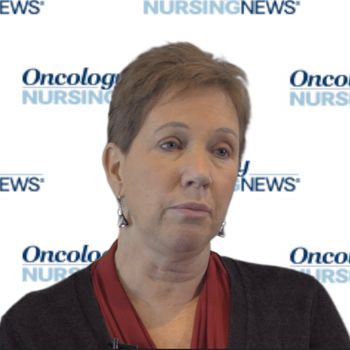
When nurses understand their patients' health literacy levels, as well as what kind of additional supports they need, it could lead to better drug compliance, according to one advanced practice nurse.

While the treatment landscape for lung cancer continues to grow, nurses must stay up-to-date on the most recent advances and approvals across each subgroup of patients.

To assist in treating patients with immune-related adverse events (irAEs), nurses can follow 5 pillars: prevent, anticipate, detect, treat, and monitor.

Understanding CLL is important for all oncology nurses, regardless if they specialize in hematologic or solid malignancies.

Derek Hough spoke to a crowd of oncology nurses at the 3rd Annual School of Nursing Oncology conference.

Nurses play a key role in addressing the barriers associated with patients with cancer entering a clinical trial, according to Maria Hendricks, MSN, RN.

With various FDA approvals in the last year alone, nurses must stay up-to-date on the changing treatment landscape of breast cancer to properly treat these patients.